Notícias
Brazil-Portugal-Mozambique cooperation: Gorongosa Mountains coffee wins over the world
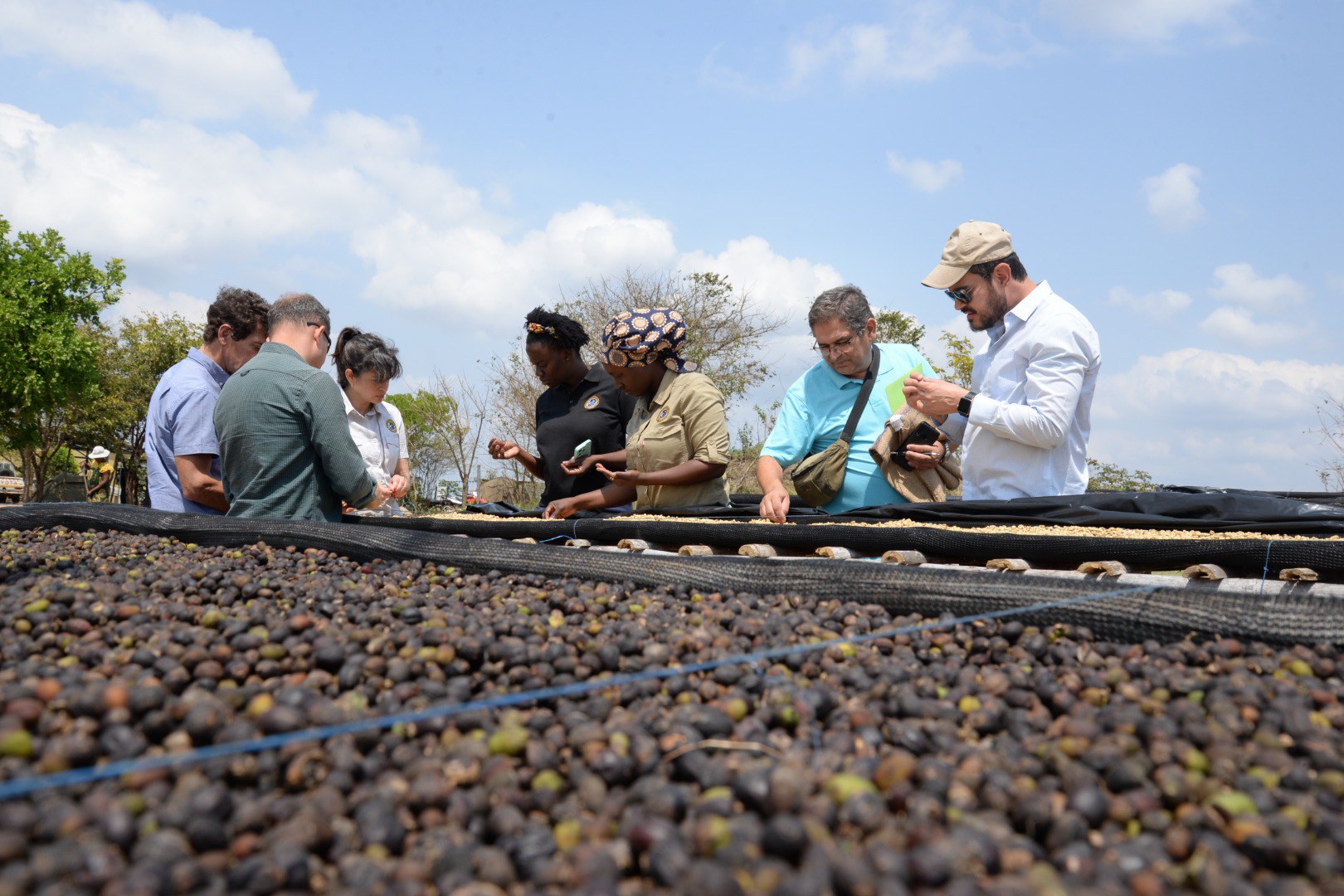
- Tricafé Project
Mr. Muagura says that, at the beginning, the project aimed to reforest the mountain, but it has been taking more and more space, and, it now represents unity, employment, health, and education for the community that inhabits the mountain. Coffee is a means for awareness-raising about environmental preservation. Today, the Gongorosa Mountains coffee is exported to countries such as Ireland, England, and the United States.
The implementation of the Tricafé Project is also based on unity, which means to say that it is the result of an international cooperation initiative that brings together Brazil, Portugal, and Mozambique. United by the principles of South-South cooperation, the three nations share the same objectives that have impacted, since the project's beginning 6 years ago, the lives of more than a thousand farming families, who, directly or indirectly, work at the coffee factory located in the zone where the coffee fields are found.
This week, ABC and representatives of the project's cooperating institutions traveled from their countries to attend the last meeting of the steering committee meeting of this current phase. The mission, whose closing took place on September 22nd, in Maputo, the capital city of Mozambique, also encompassed a meeting of the technical committee, and a discussion about results and challenges, as well as possibilities for the beginning of a new phase. Based on discussions held at this meeting, the Tricafé project may have a phase II.
Representatives of the Federal University of Espírito Santo (UFES), the Brazilian Cooperation Agency (ABC), under the Brazilian Ministry of Foreign Affairs (MRE), which is the initiative's coordinating agency on the Brazilian side, the Camões Institute, and the Higher Institute of Agronomy (ISA) participated in the mission to the African country.
The project manager with the General Coordinating Division of Technical Cooperation and Partnerships with Developed Countries, Mr. André Galvão, believes that the project should continue. “We believe in the potential of replicating Brazilian coffee farming techniques to reach many more farmers, including in other national parks in Mozambique, to bring about significant improvement to the living conditions of communities that live there," he said.
Mr. Fábio Partelli, a professor with the Federal University of Espírito Santo (UFES) and the expert in charge of providing guidelines related to coffee farming details, such as correct plant spacing and adequate plant nutrition, recalled that the project also included support to Mozambican students who want to delve into the topic in a Master's course, which will allow for scaling out the impact of the initiative in the coming years, since these students will continue to participate in scientific activities in the country.
Another legacy of the project is a manual guide published and launched during the closing mission of this phase, titled “Practical Manual Guide: coffee farming under agroforestry system in Mozambique,” a document for consultation and dissemination of the knowledge shared during the term of the initiative. Jointly formulated, the manual guide shows the step-by-step of all cotton farming phases.
Documentary
During the mission, ABC's Communication Unit was able to see onsite (and make records in detail of) all phases of the cotton production chain, and interview different people under the project, such as park employees, the factory's technical staff, research students, family farmers, Master's students, as well as representatives of the project's financing and implementing institutions. All the material will be gathered in a documentary to celebrate the 43 years of Brazil-Mozambique cooperation, and another on the project “Sustainable Coffee Farming in Gorongosa National Park”.
Gorongosa National Park (PNG)
A conservation area located in central Mozambique, PNG is considered one of the most biodiverse parks in the world. Started 25 years ago, the fauna and flora recovery project, as well as the physical structure rehabilitation, covers several areas, such as conservation, science, ecotourism, sustainable development, local community engagement, and also the coffee farming project.
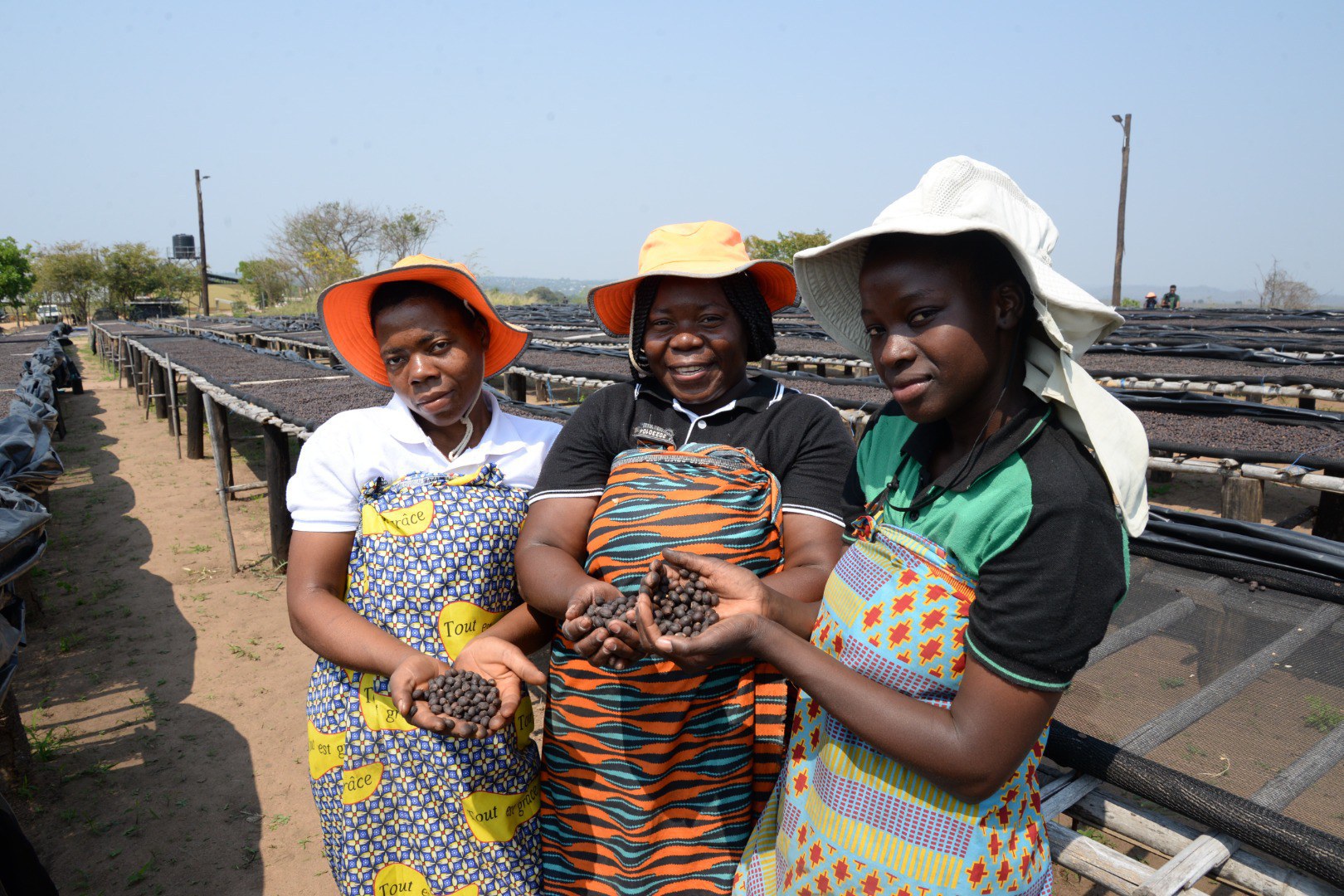
- Tricafé Project
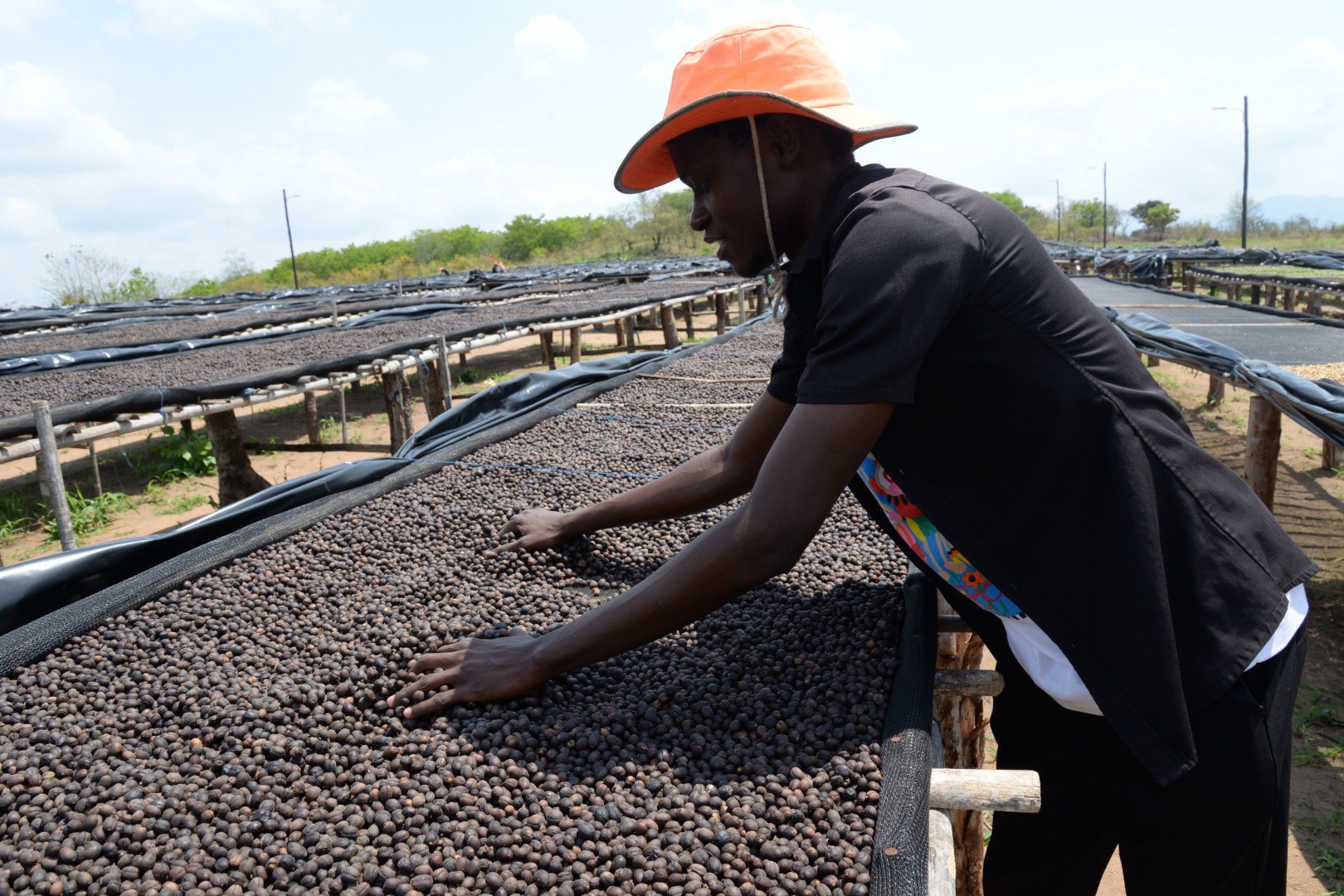
- Tricafé Project
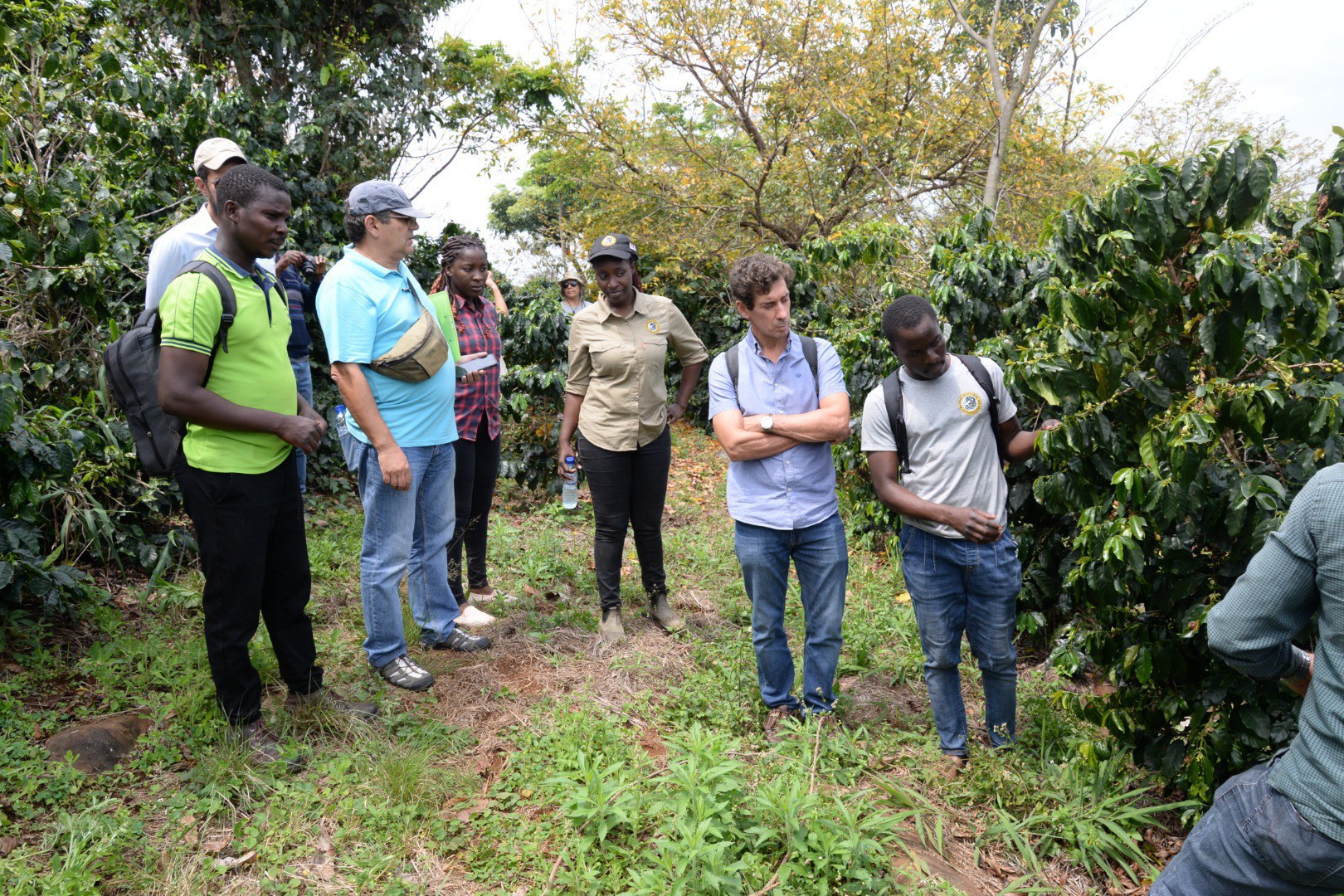
- Tricafé Project
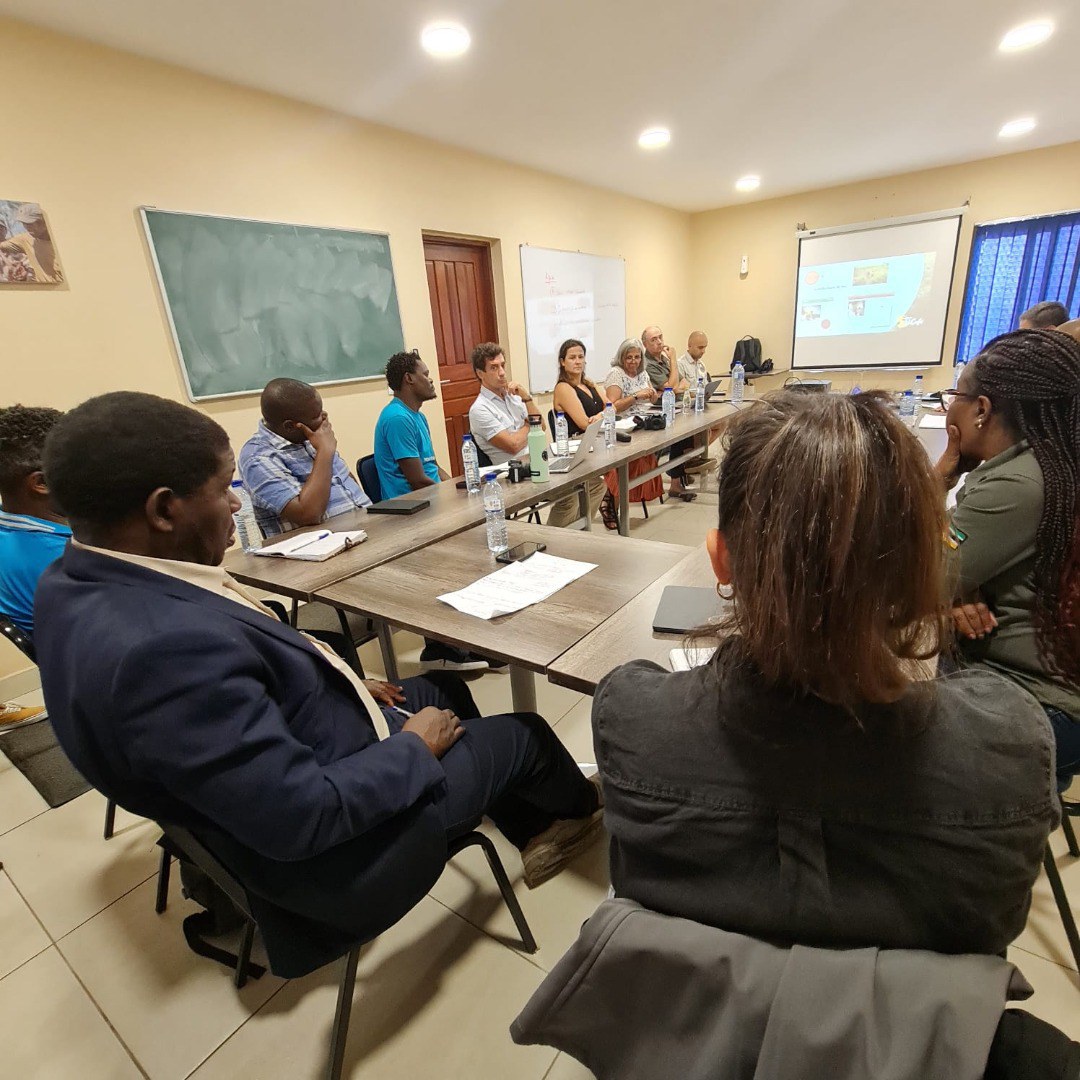
- Tricafé Project
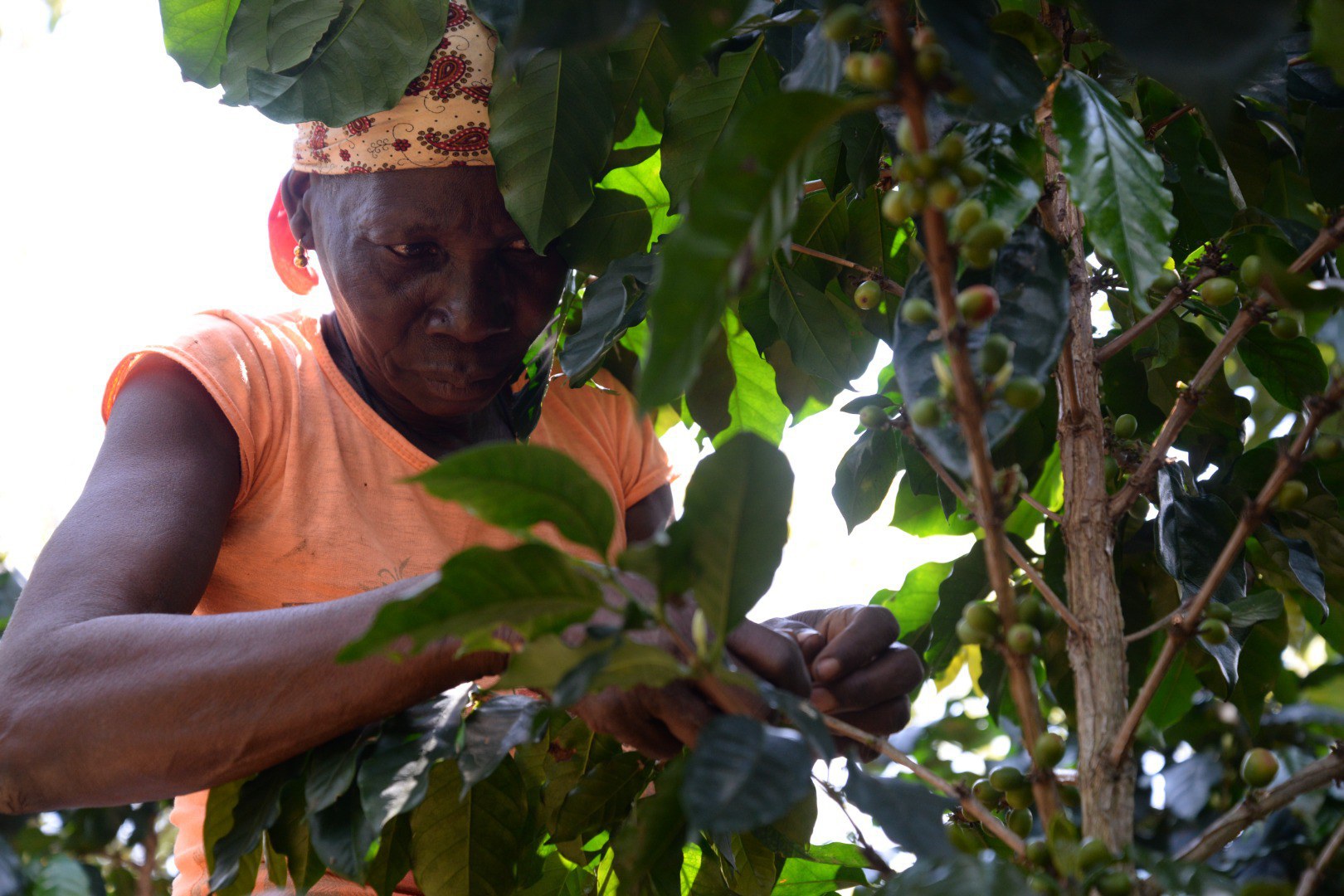
- Tricafé Project
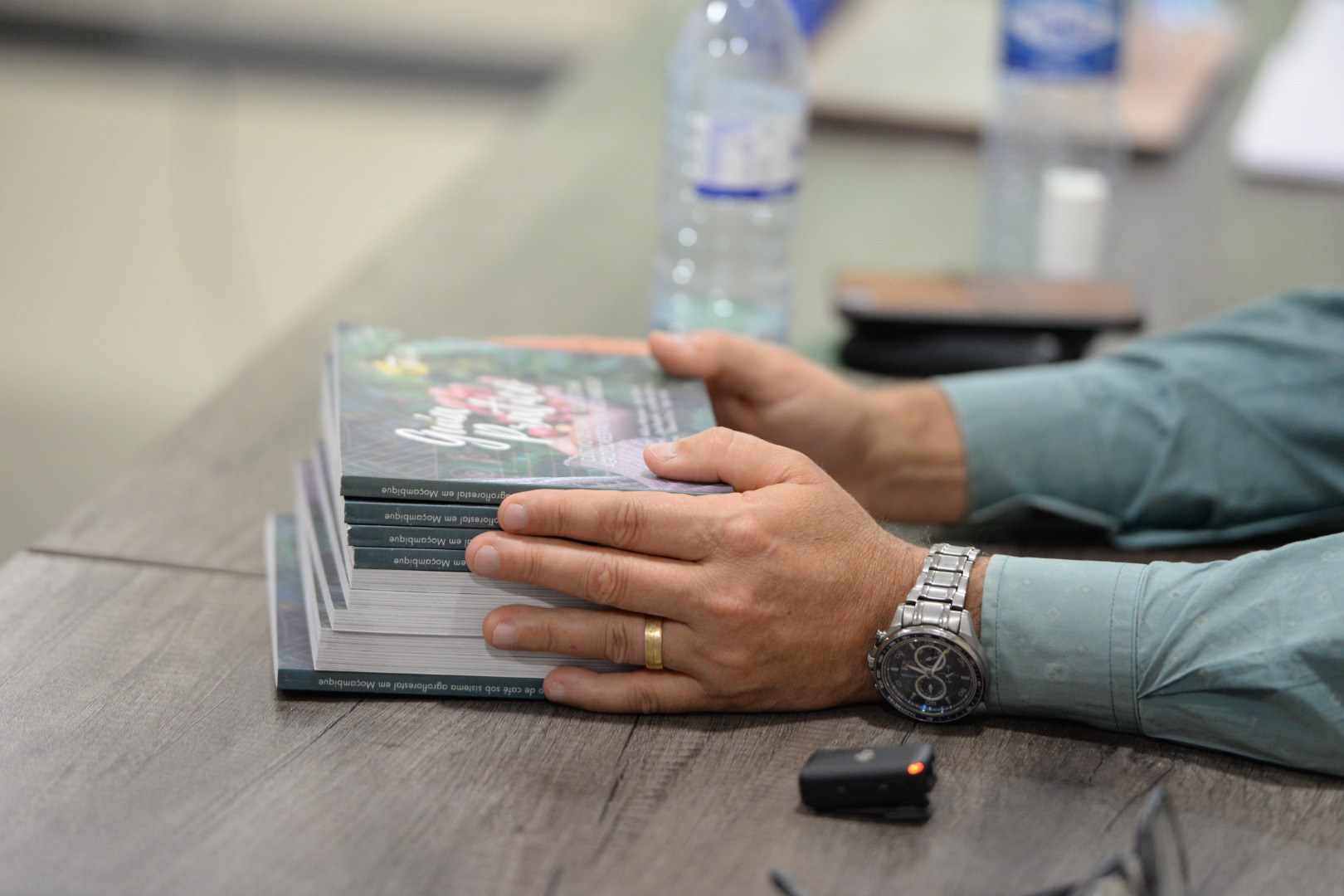
- Tricafé Project
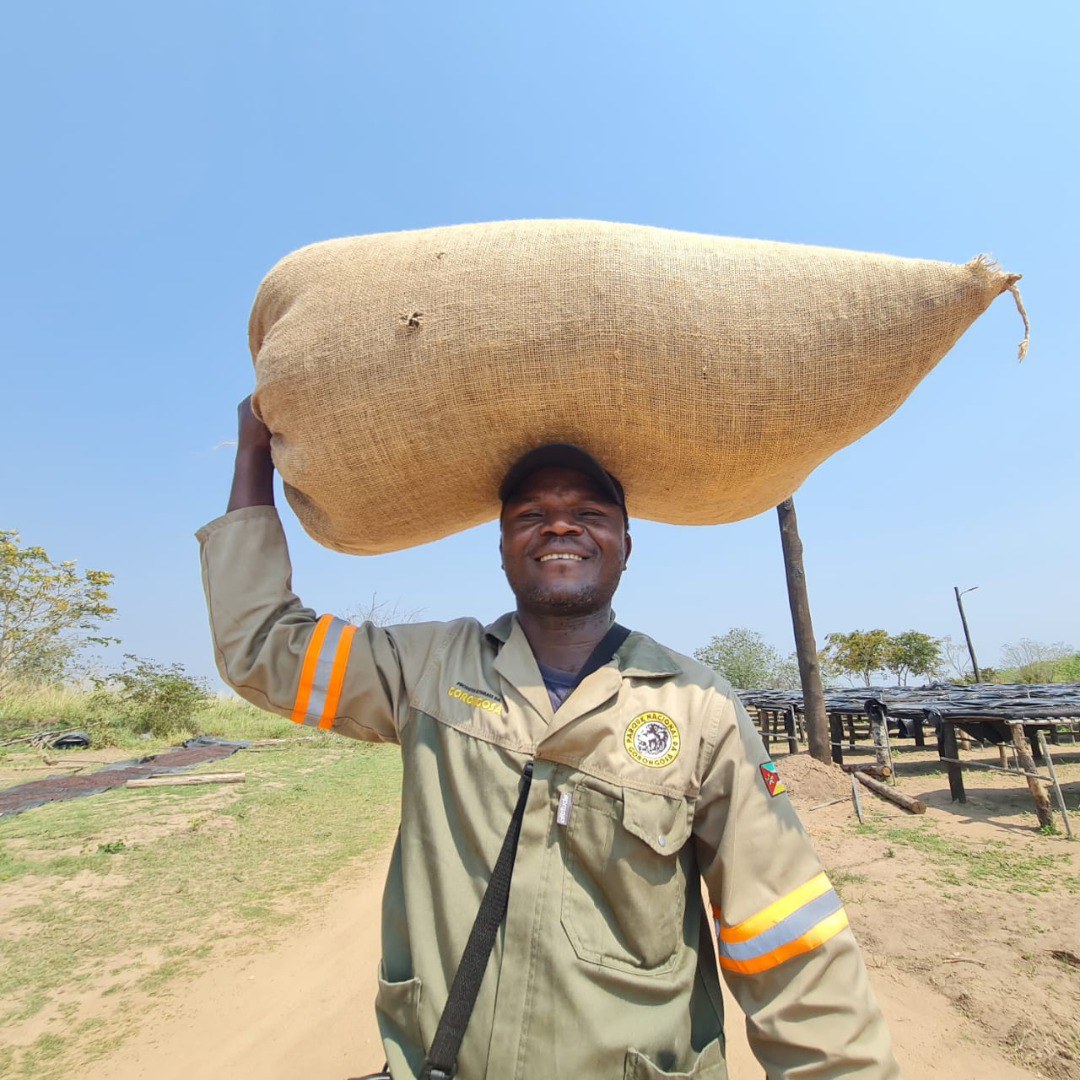
- Tricafé Project